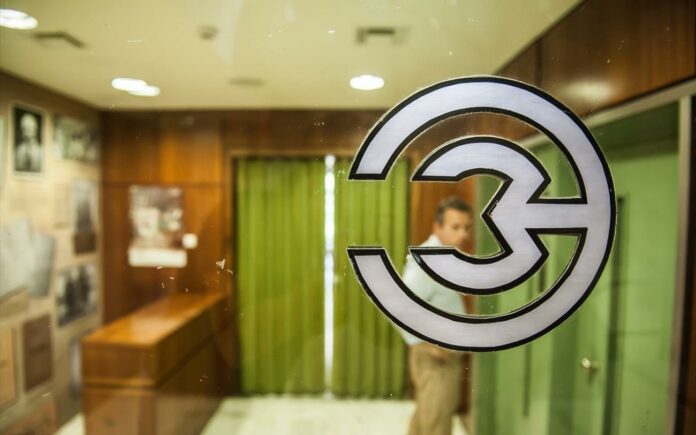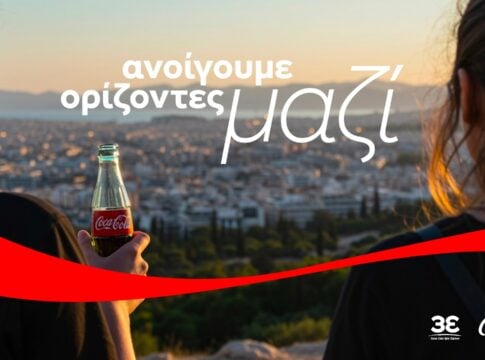A split decision (3-2) by the Athens Journalists’ Union’s (ESIEA) first instance disciplinary council this week to censure and slap penalties on a handful of broadcast journalists for their alleged bias during the run-up of last July snap referendum generated a firestorm of criticism on Wednesday.
The group of ESIEA member journalists, including a news director and a news program producer, were first accused – by a thin majority of the same council – of “propaganda” in favor of a “yes” vote during the July referendum.
At the time, Greek PM Alexis Tsipras called for the referendum on whether or not Greek voters accepted conditions of creditors. Tsipras, his SYRIZA party and other leftist and rightist parties expressed support for a “No” vote.
In fact, the “no” option was overwhelmingly approved by Greek voters, which in turn was followed by leftist government’s acceptance of the next offer extended by creditors – a package that subsequently became the third bailout, or third memorandum.
Well-known Skai TV news director Stamatis Malelis was kicked off ESIEA’s membership rolls for 18 months after being found blameworthy of the charges. The original charges were not the product of a complaint by another member of ESIEA or the public, but were filed by a majority (4-1) of the 10-member board – the first five in line vote.
Popular radio presenter, news director and television pundit Aris Portosalte, also with Skai, was given a one-year ban from ESIEA’s membership.
News readers and presenters at another two major TV channels, Mega and Ant1, were reprimanded with a “written warning”.
The ESIEA members who were suspended from the union have the right to appeal to the second instance council, which in the past has often overturned the first instance council’s decisions. Moreover, ESIEA members in the past have also successfully appealed to the court system, which has overturned and censured the ESIEA disciplinary councils’ rulings.
Political reaction
On his part, main opposition New Democracy (ND) leader Kyriakos Mitsotakis called the split decision “unacceptable”.
“When journalists are gagged, then democracy is at risk,” Mitsotakis Tweeted.
Former high-profile minister and one-time PASOK leader Evangelos Venizelos said that if necessary, the issue should reach the European Court of Human Rights.
“If ESIEA wanted to protect its code of ethics and equality before the law, as well as to separate news reporting from commentary, it should have done this long ago, as an answer to the major threat of a one-sided populism, conspiracy theorists, demagoguery and irresponsibility.”
Other political parties, sans ruling SYRIZA and its coalition partner, the small rightist-populist Independent Greeks’ (AN.EL) party, condemned the decision against the journalists.














